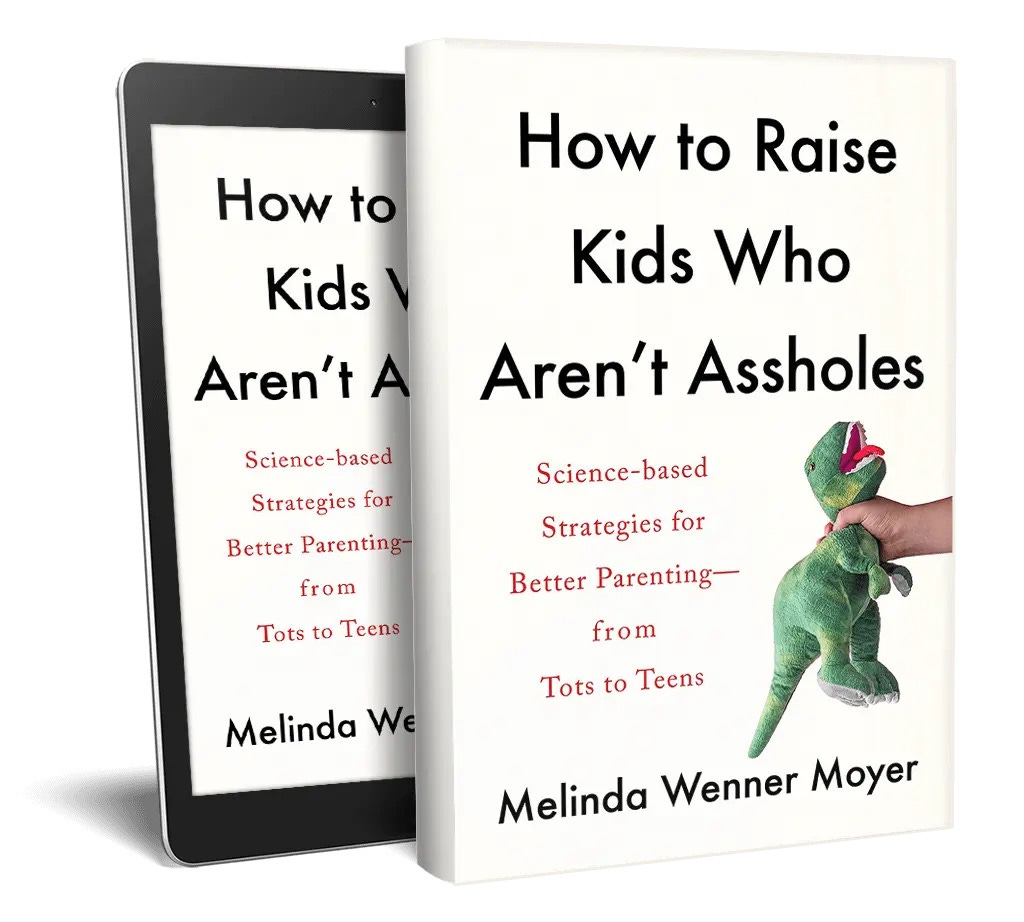We Don't Need to "Make The Most of Summer"
What if we stopped optimizing our time off because we didn't need to?
I am writing today’s post as much for me as for you.
All this year, I’ve been focused on one particular day: July 1st. The day my book is due. I’ve spent months feeling sad that the deadline would mean I’d be locked in my office during all of May and June — arguably the most beautiful months of the year where I live — but I vowed I’d make up for it in July and August. I would have the most epic late summer imaginable. I would do nothing but read fiction and eat tacos.
At first, this plan — or was it a fantasy? — was fun. It was full of hope and excitement. But as I edged closer to my deadline, the plan became tinged with angst. What if the rest of my summer wasn’t as fun as I’d hoped? What if I actually felt sad, rather than happy, turning my book in? What if I felt bored, rather than elated, having less to do? What if I actually needed to work to pay the bills?
What if I didn’t make the most of my July and August after all?
One of the problems with our culture is that we work so hard for so long, stuffing our wants and needs under our desk chairs and minivans, and then we hope and expect the world of our time off — which, yes, sometimes is totally amazing. But not always. Sometimes, our time off doesn’t make up for everything we’ve sacrificed leading up to it. Sometimes it doesn’t deliver in the way we desperately needed it to. And then we find ourselves back in the daily grind, feeling frustrated and unfulfilled…. and pin our hopes on the next time we can escape the lives we lead. I’m in the middle of Miranda July’s fantastic book All Fours, and she describes it as “a system of grit, grit grit … then release.”
As parents, we often bear these hopes and expectations on behalf of our kids as well. They want the most epic summer vacation imaginable, too, perhaps because they have been overscheduled and overworked during the school year. We, perhaps feeling guilty, want to deliver it. More pressure (and guilt) on us. My 13-year-old was sad yesterday because I was too busy to take him to the movies.
Then there is the pressure to reject the entire notion of enjoying time off. Maybe, instead, we should just keep grinding and push ahead of those other people who are taking time off. Exactly three hours after my kids got out of school for the summer, I received this PR email:
I wanted to reach out to see if you would be interested in discussing how elite students spend their summer vacation and tips to ensure your child is making the most of their time off?
I don’t think our kids’ zeal for learning should stop in June. I think it should be, as it should be for all of us, year-long and lifelong. But I also don’t want my kids’ summer vacation to be another means to an end. I do not want them to believe that it’s yet another experience to optimize and yet another opportunity for failure. It’s bad enough that at such a young age, they already so desperately need time to wind down and relax.
Yet this is about a lot more than just summer vacation, isn’t it? It’s really about what we value and prioritize. I’ve been thinking a lot about this recently. And I wonder: perhaps we should all think more about the implications of pinning so much on escape. Rather than obsessing over what we can do to make our summer the most epic (or productive) one imaginable, maybe we should ask ourselves whether we can build lives that make us feel satisfied all year around. Not “optimized” lives, but lives in which there is balance. Can we — and our kids — lead lives in which joy pops up regularly, rather than only during short planned intervals? Lives that we are thrilled to lead, rather than thrilled to escape? Can we find a way to make our “time on” less of a dramatic contrast to our ”time off”? And if so, how?
These aren’t easy questions, and they certainly don’t have easy answers. But I suspect it may help if we and our kids start to listen more deeply to our wants and needs, question whether all the things we do that we don’t love are truly necessary, and find ways to weave the things we do love into the fabric of our lives.
What are your thoughts? Share in the comments!





I think about this ALL THE TIME. As in, what would it be like to live a life you didn't so desperately need a break from (or escape from) in the first place? There was recently a NYT article talking about how after coming back from vacation, it can actually exacerbate burnout because you realize how depleted you had been. Burnout in the workplace, parenting space, and most other places seems really really really high (as in I feel like I don't know anyone who doesn't seem constantly stressed, parent and non-parent alike).
I once read that burnout doesn't happen just because you have too much work. It also happens when the amount of work you have exceeds your capacity to care about it. I think in work and in life, we have a lot of obligations that can be draining and aren't going away, so if we don't also have things that bring us some regular joy and give us some energy, it's easy to get ground down.
I regularly try to do energy audits for myself. I ask questions like "Does this activity give me energy or drain me? Does this person give me energy or drain me?" Again sometimes we HAVE to do the draining things, but it's then important to find energy giving things to fill that deficit. It's also helpful to ask "Do I actually HAVE to do this thing I find incredibly draining? If so, is there a way I can get some help?"
I think the increased cost of everything also exacerbates this feeling. The trip to a mid-level all inclusive resort had a lot less riding on it when it didn't cost the equivalent of a used car. For today's prices it had damn well better solve all my problems!